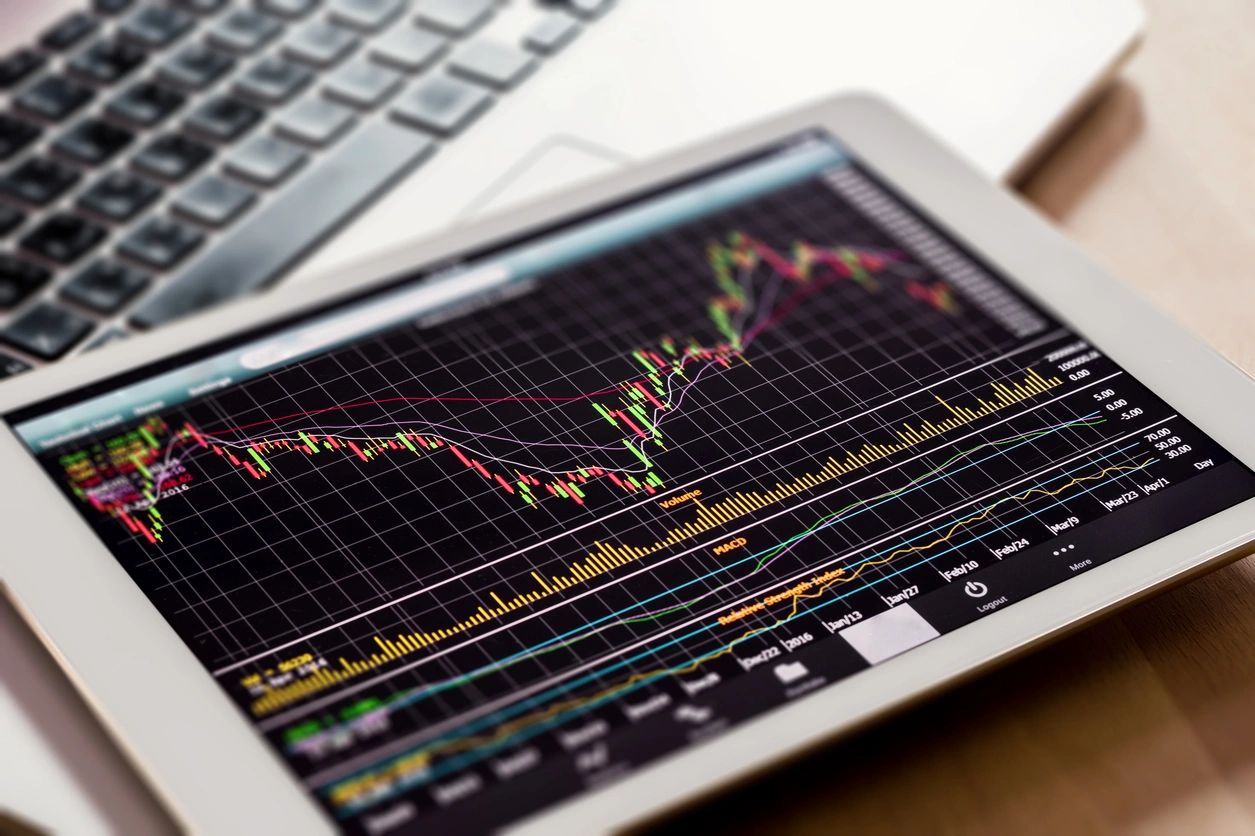In the third week of March, 2020, the stock market experienced its worst day since 1987. With fears of the global pandemic worsening, the S&P 500 Index was down 34% by March 23rd.[1] Investors lost a lot of money. While much of that has been recovered, the 2020 market drop leaves valuable lessons for investors about the future of their money.
In the months after March 2020, I’ve fielded dozens of phone calls, emails, and texts from investors who were worried about the lost values in their accounts; some having lost $100,000 or more. For those who reached out who were my clients, I was able to reassure them that their investments are positioned well to protect their assets in down markets as well as provide exposure to market gains when the stock market catches a tailwind. But I also received a few calls from DIY investors who were not clients of mine and were too exposed to risk in March, 2020. As a result, they lost big.
Being exposed to risk in the markets isn’t a bad thing. In fact, without risk there is no return. In the last 11 years we’ve enjoyed a bull market which has grown account values tremendously. However, bull markets don’t last forever. We may not be at the end of the bull market, but the March, 2020 market event taught us that there is a definite downside to risk exposure.
Limiting your downside risk is more important than superior gains. This concept can make all the difference in your portfolio. For instance, not losing 50% of your portfolio is more important than gaining 50% in your portfolio. If you have $100,000 in your 401(k) and you lose $50,000, you now have $50,000 left. If your investments bring a 50% return, however you will only gain $25,000 bringing your account balance to $75,000. In order to get back to the value that it formerly was ($100,000) you will have to get a 100% return on your investments after a 50% loss.
This reality reminds investors that it is so important to maintain a properly balanced portfolio with different asset classes such as stocks, bonds, mutual funds, precious metals, commodities, and also diversification within those asset classes relating to small cap, mid cap, large cap, corporate bonds, U.S., international, global, emerging markets, sectors, and indexes.
If you are simply invested in equities (stocks) than you can lose big. The March, 2020 loss was a short-term dip, but there will come a bear market at some point, and those losses will be real. The unprepared investor will suffer lasting damages to his portfolio that he will be unable to recover from if he is not adequately diversified.
A majority of those worried prospects who called me became my clients. I was able to invest them in a broadly diversified portfolios that will protect their downside and still give them exposure to market headwinds. For those who try to ride out the market volatility on their own, they may be taking on too much risk, leaving them susceptible to catastrophic losses.
For more information or a free portfolio review, contact us at (540) 904-1670 or plan@americanfp.us.
[1] https://www.forbes.com/sites/juliejason/2020/04/08/the-coronavirus-stock-market-a-market-gone-wild/#7e835e80a31f

